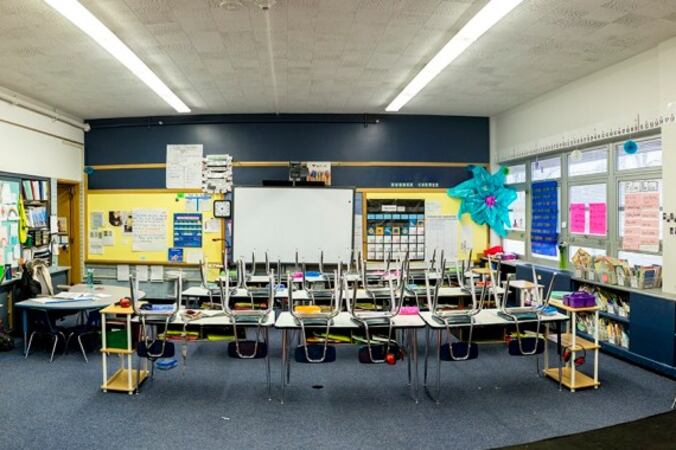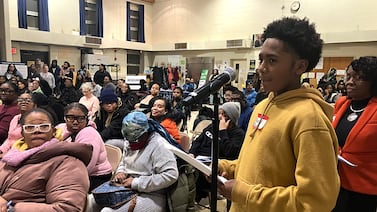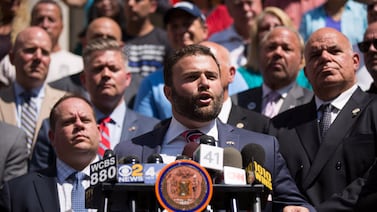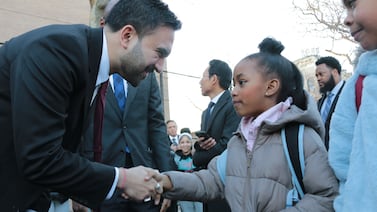Enrollment in public schools across Michigan has fallen. In the fall of 2020, more than 53,000 students didn’t show up for class — a decline of nearly 4% from the fall of 2019. That’s twice as many students as the state lost during the final year of the Great Recession, the last time a wave of economic instability uprooted tens of thousands of families.
The figures underscore the disruptive effect of the pandemic on thousands of students’ educations. Some families may have moved during the pandemic because of job loss or housing instability, while others are home-schooling their children. But many students are not accounted for, and educators worry that they aren’t attending school at all.
Join a virtual conversation about Michigan’s missing students at 4 p.m. Thursday. During this free event, a panel of experts will talk about what decision-makers and school leaders can do to find and help students, and ensure they thrive as schools return to in-person learning.
Tabitha Bentley, director of policy and research at the Education Trust-Midwest, will lead a conversation with:
- The Rev. Larry Simmons, co-convener of the Every School Day Counts Detroit initiative, an effort to end chronic school absence in the city.
- Koby Levin, reporter at Chalkbeat Detroit
- Hedy Chang, executive director of Attendance Works
- Sarah Lenhoff, director of the Detroit Education Research Partnership at Wayne State University and co-author of “Why Do Detroit Students Miss School: Implications for Returning to School After COVID-19”
- Adnoris “Bo” Torres, project supervisor, Strong Beginnings – Healthy Start, a Grand Rapids social service agency
You can register for the conversation here and submit a question to the panel.
This event is the second in a series of conversations on education hosted by Chalkbeat Detroit, the Education Trust-Midwest and the Detroit Free Press.







